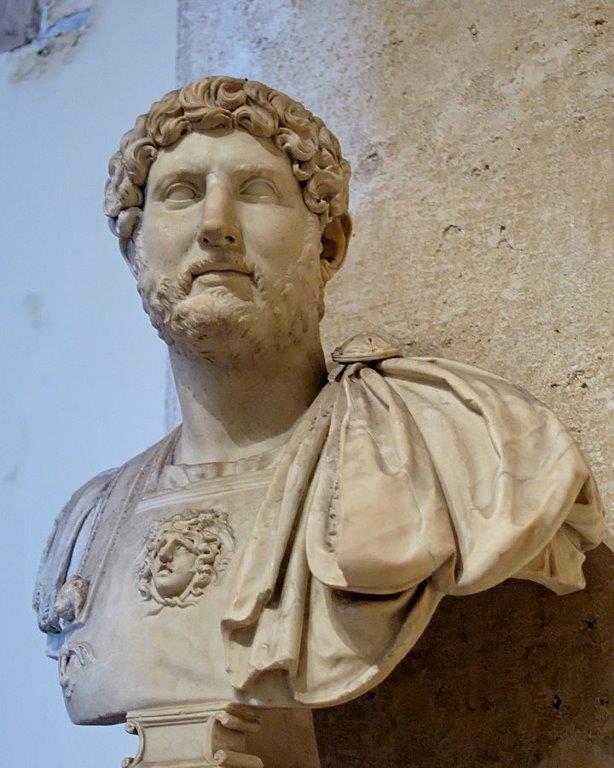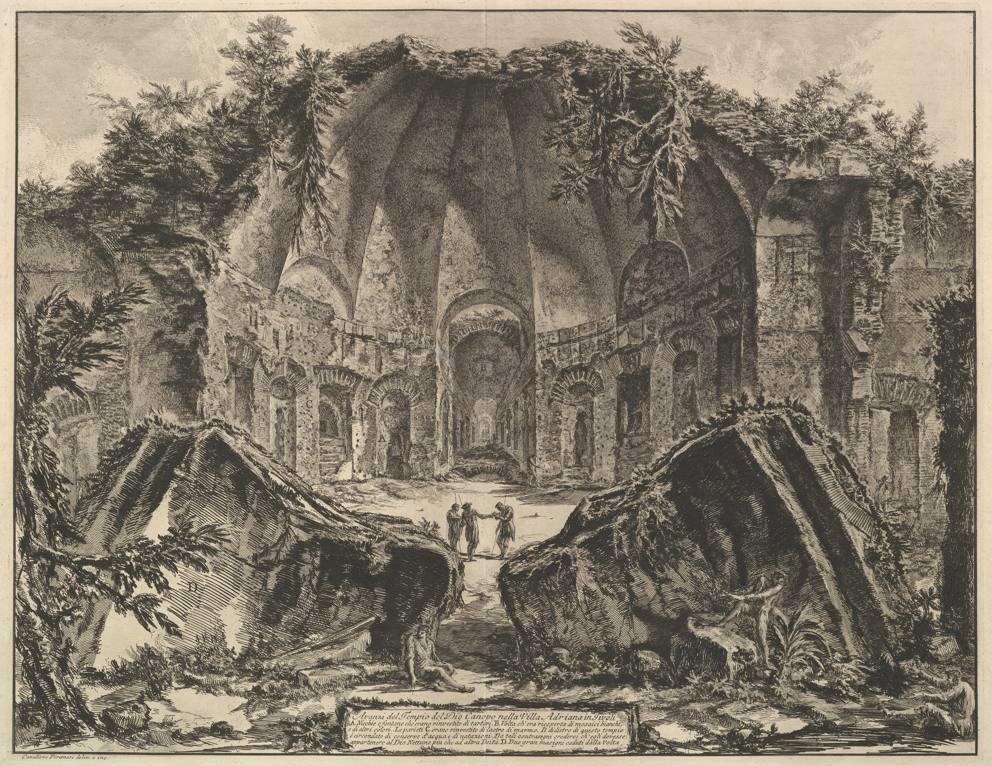[Editor’s note: Betty Ann Jordan is the founder of Art InSite cultural tours and a Toronto-based arts commentator. She operates whenever possible at the intersection between art, architecture and literature. We are thrilled to have her the leader of Memoirs of Hadrian: Power Embodied in July 2018.]

Marie-Lan Nguyen on Wikimedia
“My hunger for power was like the craving for love, which keeps the lover from eating or sleeping, from thinking, or even from loving, so long as certain rites remain unperformed. The most urgent tasks seemed vain when I was not the free master over decisions affecting the future. I needed to be assured of reigning in order to recapture the desire to serve.”
— Memoirs of Hadrian
On the cusp of death, the ailing Emperor Hadrian writes a series of letters to his adopted grandson and successor Marcus Aurelius. Reflecting on points of divergence and convergence between his life and every life, he passes on the lessons he’s learned. He reviews his education and his understanding of the nature of love and beauty. With melancholy and heightened awareness, he recollects his formerly high-functioning body’s vitality, sensuality, yearning and casual consumption. Especially poignant are the anguished passages about his role in the death by suicide of his great love, the youth Antinous.

Nilfanion on Wikipedia
But Yourcenar’s novel also gets deep inside the head of this gifted general, politician and patron of the arts. Reading his letters, one experiences a sense of being confided in by a man who has no time for dissembling: “At forty-eight I felt free of impatience, assured of myself, and as near perfection as my nature would permit, in fact, eternal. Please realize all this was wholly on the plane of the intellect; I was god, to put it simply, because I was man.” All too human, he found his rigorous mental and physical discipline tested and at times upended by experiences of love, art and ecstasy. Open to the occult, he was primed from an early age by his astrologer-grandfather, who predicted that Hadrian would rule the world. Would the young provincial soldier have been so driven had his success not been foretold in the stars?
Hadrian, who wore the imperial purple robes from 117 to 138 AD, asserted that “the more the state increases in size and power, extending its strict, cold links from man to man, the more does human faith aspire to exalt the image of a human protector at the end of this mighty chain.” From our present perspective, are there important lessons to be relearned? Is the character of the leader essential to the success of government? When happens when a sense of destiny veers towards delusion? And perhaps most critically for today’s reader, is Hadrian’s story a product of the great-man syndrome now falling rapidly out of favour?

I look forward to seeing you in July!
– Betty Ann


